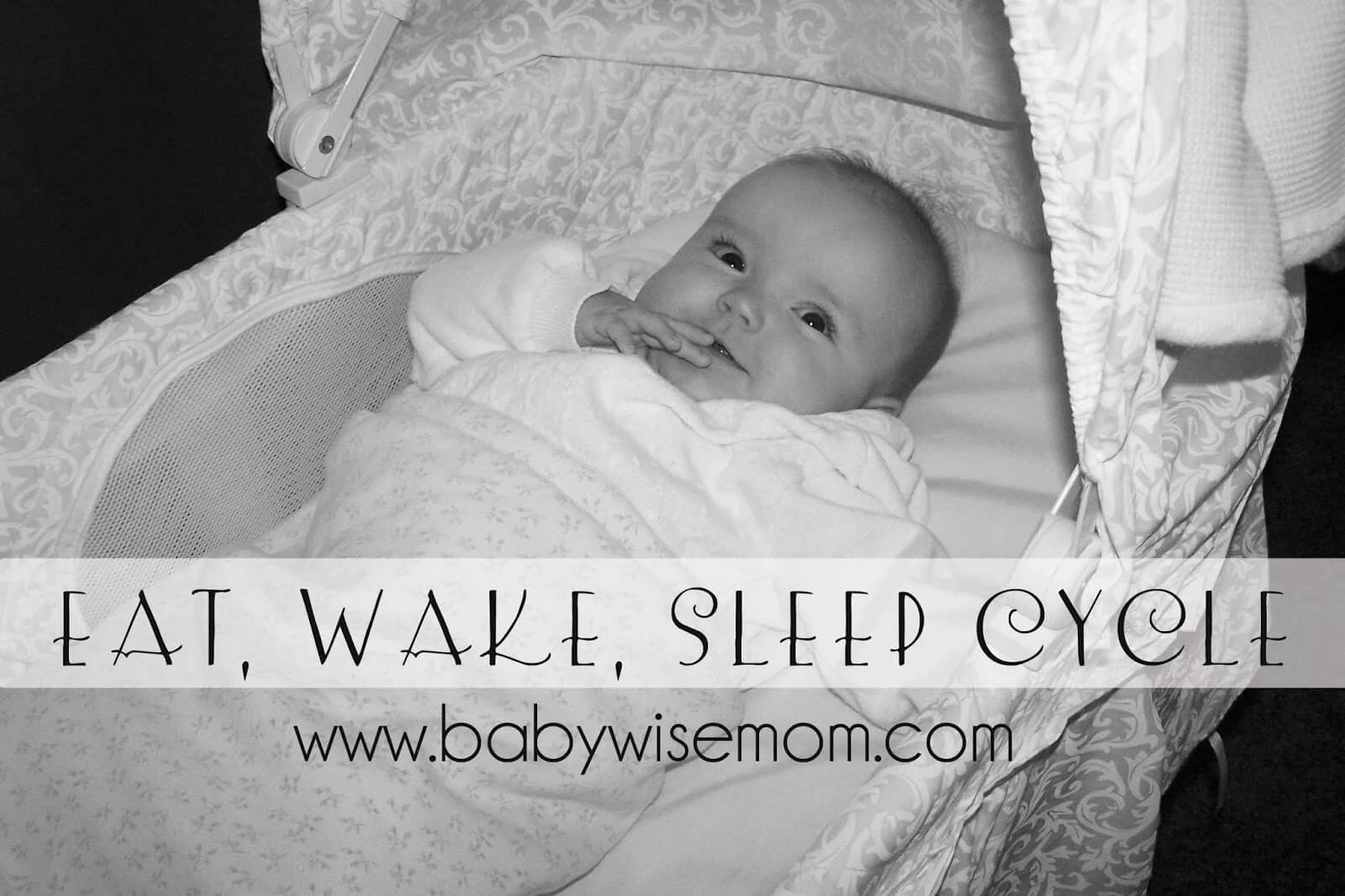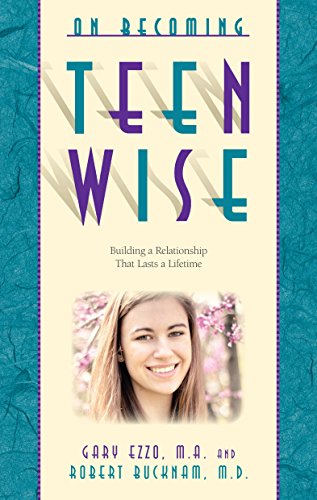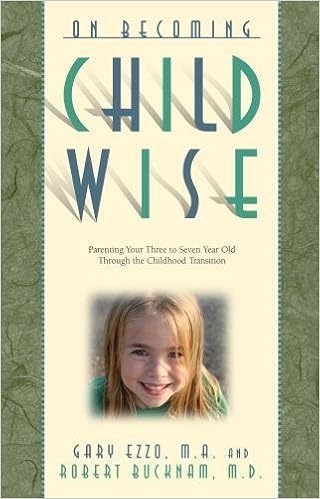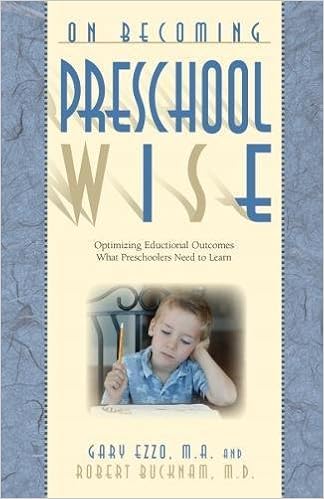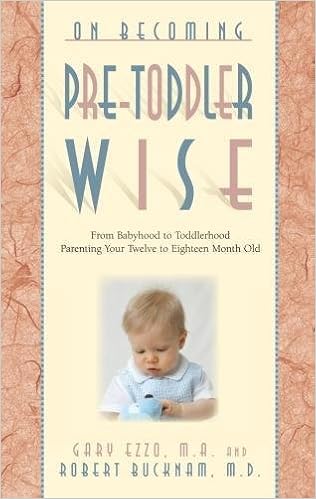Why do an eat, wake sleep pattern for On Becoming Babywise. The purpose behind the pattern and how it helps your baby sleep better.
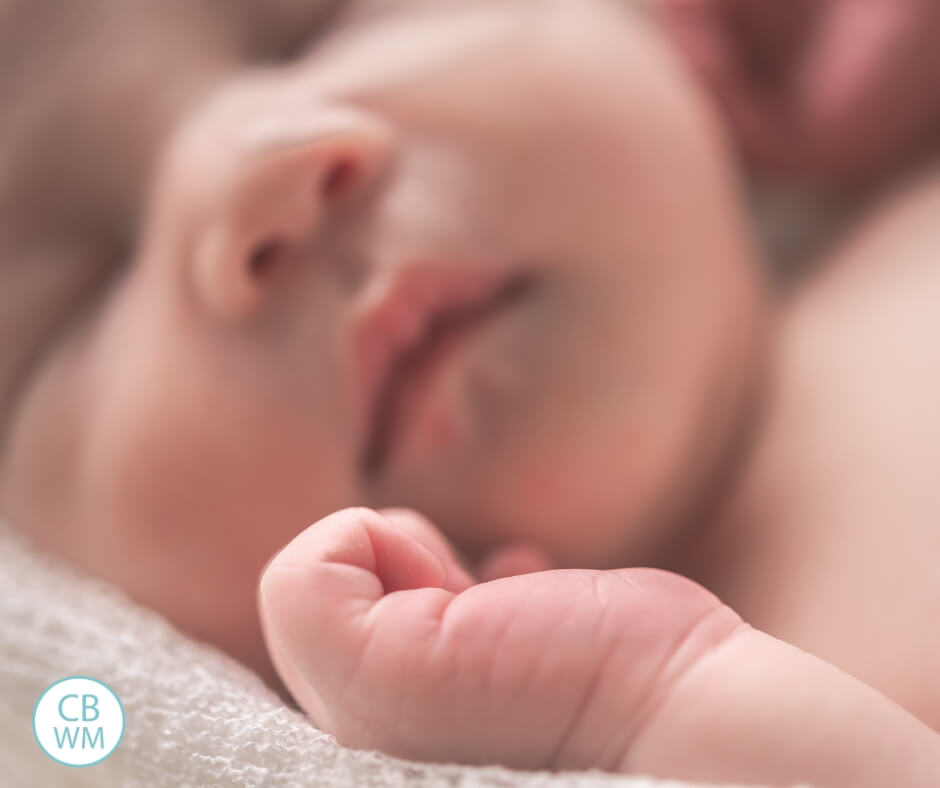
The Babywise method outlines a simple pattern for getting baby on a solid routine in the Babywise book. Follow the Eat/Wake/Sleep Cycle. On Becoming Babywise states the when you follow this pattern you can expect to get baby sleeping well.
This type of daily pattern is also recommended by Tracy Hogg in Secrets of the Baby Whisperer. She labels it as E.A.S.Y. . You can read all about the Baby Whisperer E.A.S.Y. method here.
Two very popular baby sleep books focus on an eat/wake/sleep cycle for baby sleep success. There are many others. We have all seen the phrase eat sleep play repeat all over the place. So what is so great about this?
I have often seen the question of “Why do the eat, wake, sleep pattern for Babywise?” People wonder why it is so important to follow this cycle. Why can’t you feed baby right before a nap? Wouldn’t that get baby sleeping longer for the nap if baby had a full tummy right before nap time rather than right after nap?
Read: How To Successfully Do On Becoming Babywise
Post Contents
- The Power of the Eat Wake Sleep Cycle
- The Eat Wake Sleep Cycle Solves Day/Night Confusion
- Baby is Not Nursed or Fed to Sleep
- Baby Takes a Full Feeding
- The Eat Wake Sleep Cycle Keeps Baby on a Solid Schedule
- Baby Stays Alert and Happy While Awake
- Baby is Hungry and Ready to Eat When Nap Ends
- The Eat Wake Sleep Has Flexibility
- Common Eat Wake Sleep Cycle Questions
- Have Babywise Success!
- Thank you!
- Conclusion
- Related Posts
- Get the whole Babywise series here
The Power of the Eat Wake Sleep Cycle
There are many reasons the eat wake sleep cycle is so effective for your baby sleep schedule.
Here is the importance of eat/wake/sleep pattern when implementing On Becoming Babywise:
The Eat Wake Sleep Cycle Solves Day/Night Confusion
The book says the cycle helps baby differentiate night from day. You do not have as much trouble for as long with day/night confusion. This is one of the biggest things that enables young Babywise babies to sleep well from birth.
Do not be alarmed if your little one has day/night confusion initially. This is normal. It will take some time practicing the eat-wake-sleep cycle for your newborn to get day and night straightened out. This feeding cycle helps you get your baby being more awake in the day and sleeping more at night much sooner than otherwise.
Baby is Not Nursed or Fed to Sleep
Following the eat/wake/sleep cycle helps babies learn to sleep on their own because they aren’t being nursed or fed to sleep. This is one of the most powerful things about following an eat wake sleep cycle. The baby is not nursed to sleep. The baby, therefore, needs to learn to fall asleep independently.
This means that when your little one has a sleep transition, which happens every 45 minutes, your baby can slip into the next sleep cycle rather than waking up and needing to be fed to fall back asleep. This is nice for days and a lifesaver for nights.
Part of the caveat here is that you need to make sure you encourage your baby to learn to fall asleep independently. Read up on Sleep Training According to Babywise for more guidance on this from a Babywise perspective. My favorite way to sleep train is the Gentle Sleep Training: The Four S’s, which is a no-cry sleep solution that can be used from birth.
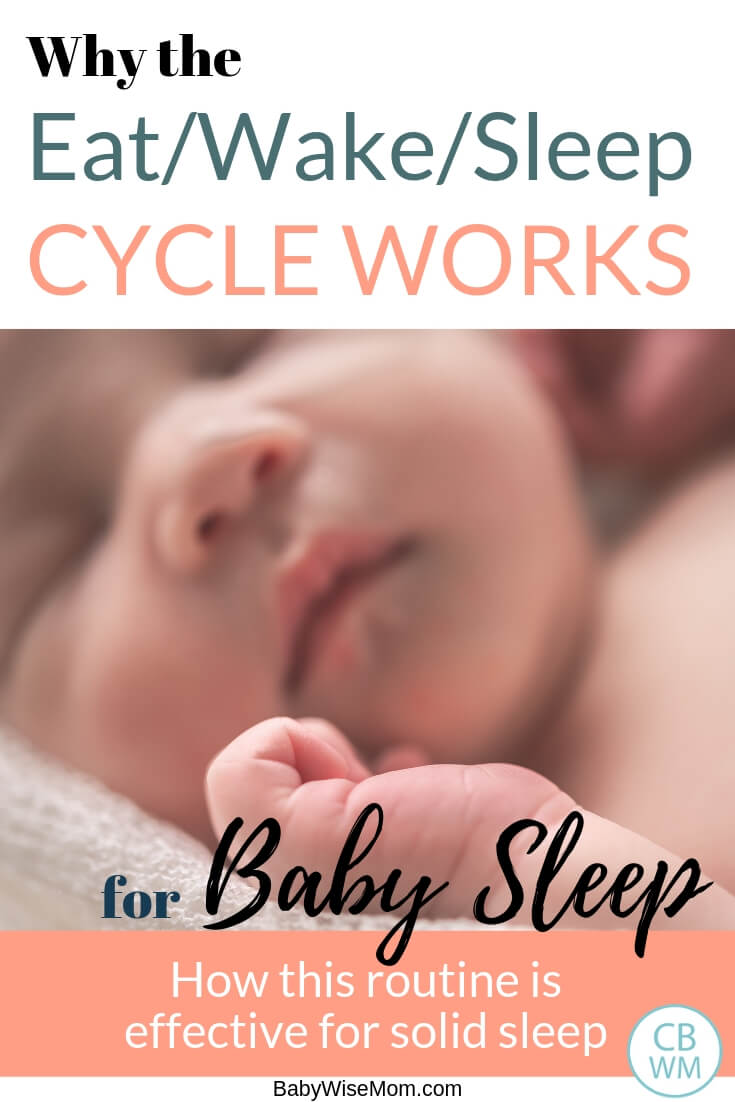
Baby Takes a Full Feeding
When you do not feed baby to sleep, it helps ensure baby takes a full feeding. For this reason, you really want to avoid feeding right before a nap. When you feed a baby to sleep, baby usually falls asleep before baby is actually full. That means baby is not going to be content with a long nap.
Read: How To Nurse a Sleepy Newborn
The Eat Wake Sleep Cycle Keeps Baby on a Solid Schedule
Another reason is to help baby make it the appropriate times between feedings. Whether baby is on a 2.5 hour schedule, a 3 hour schedule, 3.5 hour schedule, or 4 hour schedule, the eat/wake/sleep cycle keeps your little one on a predictable schedule.
If you have ever played with a baby close to feeding time, you know they are far less patient for food than they would be if they were sleeping. A baby can more happily make it to feeding time if they are sleeping than if they are out playing. So the routine prevents snacking from happening.
You feed baby before playtime so baby will happily get through wake time. You won’t have a hungry, fussy baby as you play, cut playtime short, and let baby fall asleep while eating. You can keep baby awake as long as baby needs to be, which means baby is getting enough time awake during the day to take nice, long naps and to sleep longer stretches at night.
Baby Stays Alert and Happy While Awake
I just touched on this, but it is worth focusing on this as its own perk. The book also says it helps baby to be more alert and happy during waketime. Baby is full and rested for waketime, so he can focus on learning because his basic needs are met.
This means that baby is learning and absorbing as much as he can while awake. His brain is processing more than he would if he were concerned about his hunger.
As the brain learns, the brain needs sleep to process that learning. So the more baby can learn while awake, the more sleep baby will need in order to process that learning. You can read more about how the brain works in this way in the book Brain Rules by John Medina.
With that said, do not overstimulate your baby! There is such a thing as an overstimulated baby.
Baby is Hungry and Ready to Eat When Nap Ends
If baby has taken a full nap, he is usually really hungry when he wakes up. That just works to strengthen your sleep routine because your baby will wake up hungry, take a full feeding, and continue on this beautiful cycle.
The Eat Wake Sleep Has Flexibility
The eat/wake/sleep cycle is easy to do with a 3 week old. Eat wake sleep cycle newborn days are a dream (other than getting that newborn to wake up!). Even when your baby is 8 weeks old, you can implement this simple pattern.
The day comes, however, that your baby drops a nap and you can’t follow the eat-wake-sleep cycle anymore. People often stress out and get confused at this point. Will dropping the consistent eat wake sleep cycle ruin the sleep schedules they have worked so hard to build?
The answer, happily, is no.
You are laying a foundation with your eat wake sleep cycle. Think about toddler sleep. A toddler takes one or two naps a day. A toddler eats more than one or two times a day. You have to be able to move away from this eat wake sleep cycle over time.
Many, many years ago, I inquired of Anne Marie Ezzo (wife of Gary Ezzo, author of On Becoming Babywise) and got some interesting thoughts on this topic I hadn’t ever thought of.
She said you don’t have to feed babies right when they wake up to stick to your eat/wake/sleep cycle. You can wait 10-15 minutes before feeding and that is fine. That is, if your baby will wait. A lot of babies are very hungry and ready for food when they wake up–that is how my Brayden was. Newborn sleep is long. The newborn sleep cycle is more of a eat/change diaper/sleep cycle. Or a “fight to keep newborn awake to eat” cycle. As your newborn gets older, that changes and your baby will stay awake.
Anne Marie also said,
“I have shared with mom’s as their baby is on a good routine, got this nursing thing down, milk supply is great etc. and that usually is all in place between 4 – 6 weeks, that it’s probably a good idea to have a short space of time between getting baby up and sitting down to feed, so that baby isn’t ‘conditioned’ to think, as soon as I wake up I need to eat.”
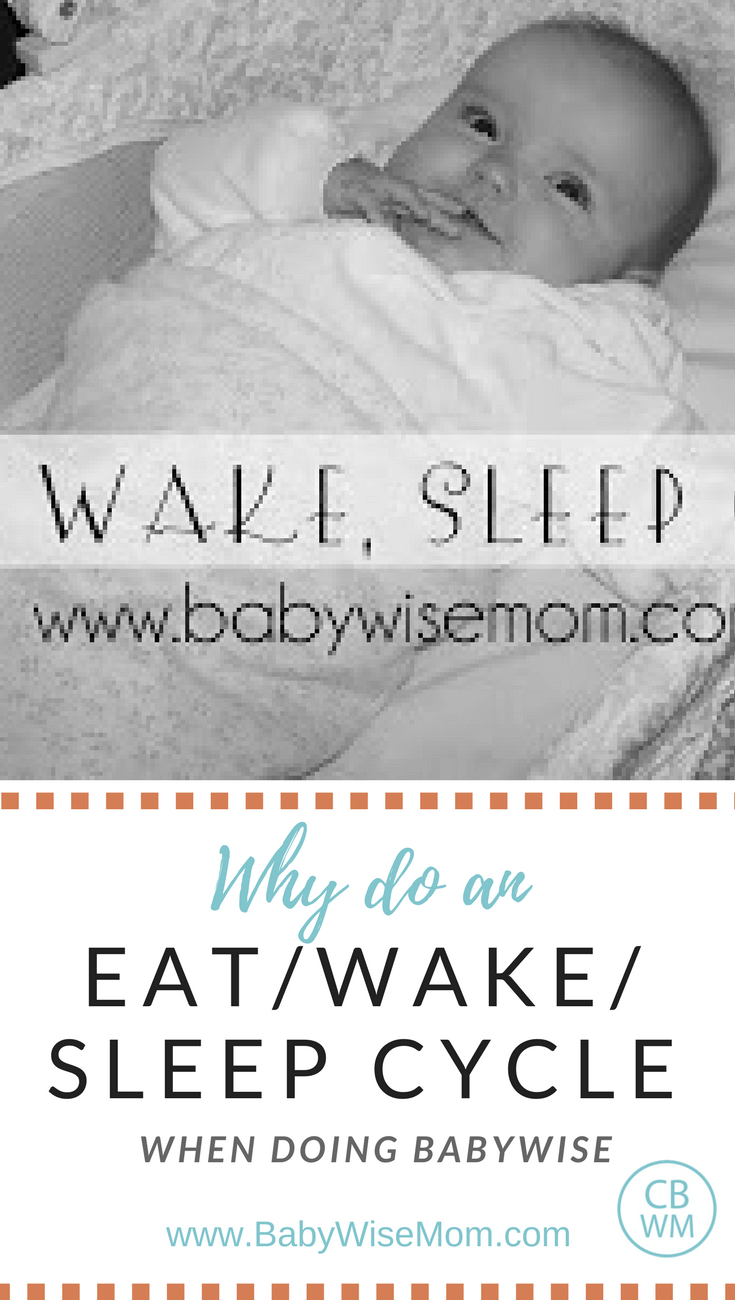
She recommends this because she has heard from many moms of say, 6 month old babies say, “I’ve used Babywise and followed the feed/wake/sleep since my baby was born. I would feed him as soon as he woke up and now he is 6 months old and when he wakes up he seems to get so upset if I don’t feed him right away. Is it okay to make him wait for a little while before feeding him?”
She says the answer to this is yes.
So if you would like to wait a bit prior to feeding, that is fine. You just need to make sure you count that time prior to eating in your waketime calculations. Read more on how to correctly calculate baby wake times here.
This idea has never occurred to me. While my son was very ready for food right when he woke, he also transitioned well into waking and waiting if needed. For example, as a toddler, he woke from his afternoon nap, but dinner wasn’t for another 1-2 hours. No problem.
As a baby, Kaitlyn would wait if I need her to, which on rare occasion is necessary just because I had another child to care for and some sort of “crisis “would come up right when it is time for her to eat.
Babywise is parent directed, so always remember that the parent gets to decide what to do.
Common Eat Wake Sleep Cycle Questions
As people work to implement an eat play sleep schedule, they naturally have questions. Here are some common questions answered.
What is Eat Wake Sleep Cycle
The eat wake sleep cycle is the routine you put baby on when following the Babywise method. You feed baby, baby plays, then baby sleeps. You do not play eat sleep. You eat, play, then sleep. Babywise eat play sleep cycle is very effective for helping your little one sleep well for naps and sleep through the night.
What Do I Do When My Baby Drops a Nap
When your baby drops a nap, there is an excellent chance you will not be on an eat play sleep cycle anymore. When your baby drops from four to three naps, you might have an eat, play, eat, sleep cycle in the evening if your little one is not on a four hour schedule.
You will definitely move away from solid eat wake sleep cycles when you drop to two and then one nap.
When your baby drops a nap, it is no problem to not have an eat, wake, sleep cycle at the dropped nap time.
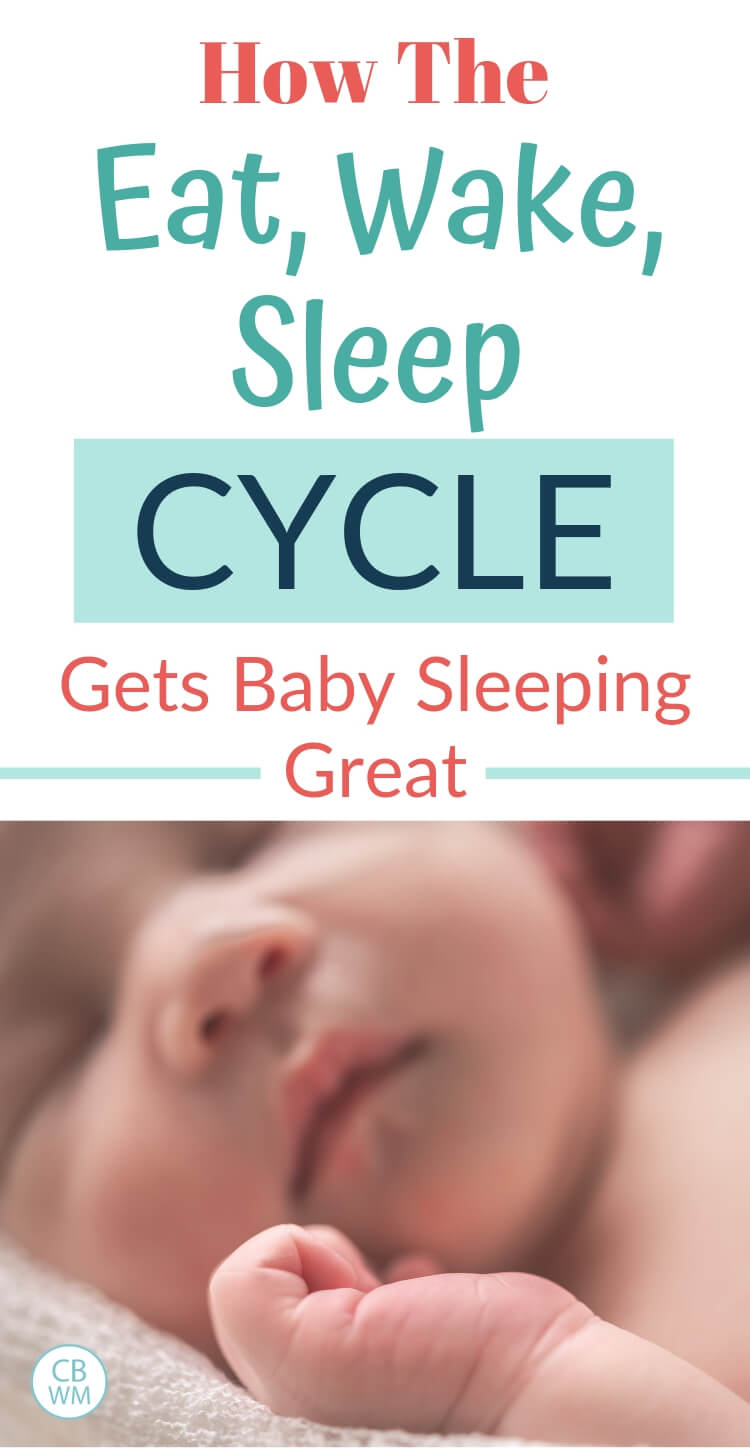
Do You Do Eat Wake Sleep Cycle at Night
No. Do not do an any play at night. This is true for the dreamfeed, also. You will get baby up, feed, and go right back to sleep.
Read: The Basics of a Dreamfeed
What Do I Do When My Babywise Baby Falls Asleep After Feeding
Work to keep your baby awake for some wake time. In the early weeks, your baby might have a hard time staying awake longer than a feed. That is normal. If so, just let baby go to nap and take a nice long nap until the next feeding time. You can read up on how to add waketime in Adding Waketime to Your Newborn’s Day.
Do I Need to Wake Baby Up From a Nap
Should you wake a sleeping baby to eat? Yes! You need to wake baby up from nap if it is time to eat. This keeps baby on a feeding schedule. Waking a sleeping baby is scary, but it is worth it to keep consistency to your days.
What is a Good Newborn Sleep Schedule
If you are looking for some Babywise sample schedules, start here with my newborn sample schedules post. From here, I link to the other ages.
Do You Have Tips on How To Wake a Sleeping Baby
Newborns are super hard to wake up. I do have posts for waking a sleeping baby. Keep in mind, there are times your newborn just will not wake up. Work for 10 minutes, and if baby will not wake up, let baby sleep another bit and then try again. Read more about that here.
Conclusion
The eat wake sleep cycle is powerful. There is a reason it is outlined and emphasized in the Babywise books. This is a key element to any Babywise success.
Related Posts
- Essential Elements to Any Routine
- Getting a Consistent Schedule
- Let Your Schedule Serve You, You Don’t Serve Your Schedule
- Babywise Sample Schedules: The First Month
- Babywise Sample Schedules: The Second Month
- Sample Babywise Schedules: The Third Month
- Sample Babywise Schedules: The Fourth Month
- Babywise Sample Schedules: The Fifth Month
- Babywise Sample Schedules: The Sixth Month
- Babywise Sample Schedules: The Seventh Month
- Babywise Sample Schedules: The Eighth Month
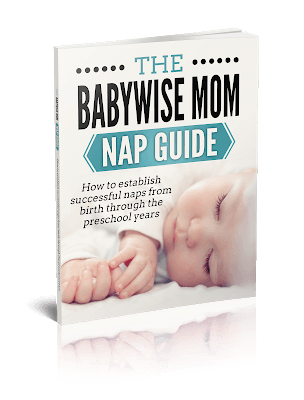
If you are having nap problems, check out my eBook, The Babywise Mom Nap Guide. This book helps you establish successful naps from birth through the preschool years.
Get the whole Babywise series here
